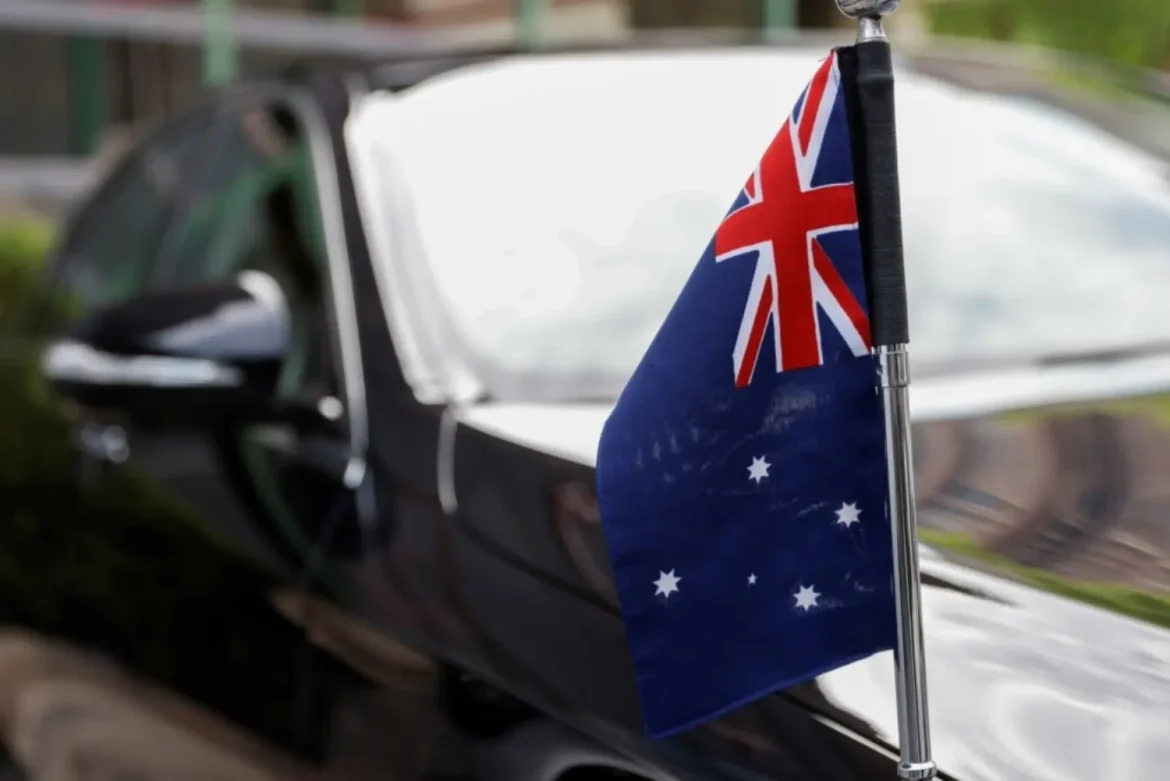National security has surged to the forefront of Australian politics, as the government and opposition trade barbs over how best to respond to rising tensions in the Indo-Pacific. Recent diplomatic developments, including disputes in the South China Sea and concerns over military expansion in the region, have sharpened focus on Australia’s defence strategy. Both major parties agree on the importance of strengthening security ties with allies, but they differ on the balance between diplomacy and military capability.
Advertisement
The Albanese government has placed heavy emphasis on the AUKUS security pact with the United States and the United Kingdom, which will deliver nuclear-powered submarines to Australia in coming decades. Ministers argue that the agreement enhances deterrence and provides advanced technology that will safeguard national interests. Critics, however, have questioned the cost and timeline of the submarines, warning that billions of dollars are being committed to a project that may not deliver tangible results for decades.
Opposition leaders have supported the AUKUS partnership but accused the government of moving too slowly on broader defence readiness. They argue that while long-term projects are important, immediate investments in personnel, equipment, and regional engagement are equally critical. Shadow ministers have also called for greater transparency around defence spending, suggesting that the public deserves more detail on how resources are being allocated in response to current threats.

